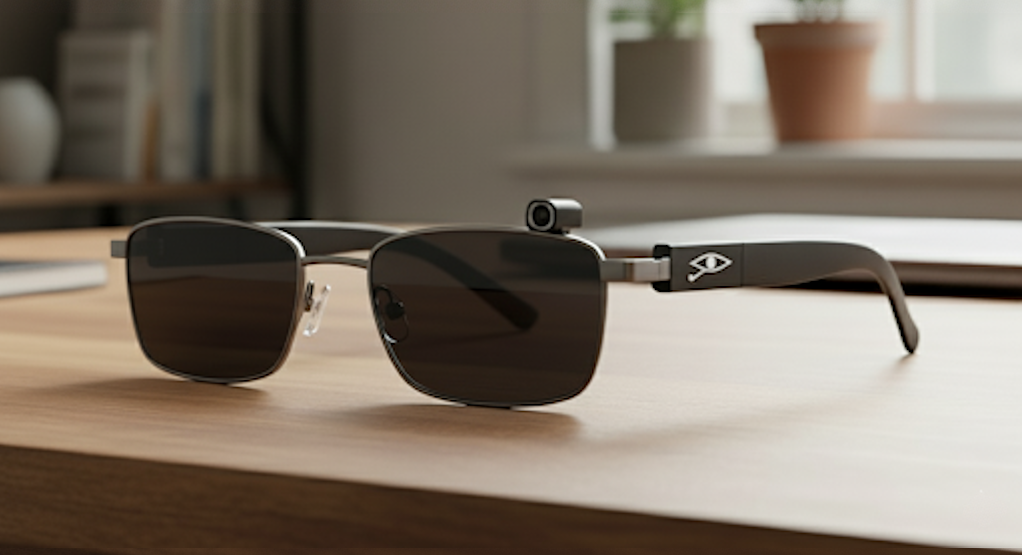Company
At Axorus, we develop a Contact Lens to restore sight to blind patients afflicted by dry AMD or Retinitis Pigmentosa
With our partners at Boston University, we developed this retinal stimulator, using patented photoacoustic technology.
Preclinical trials are currently underway at the Institut de la Vision in Paris, France
Founders

Jean-Damien
CEO

Hélène, PhD
CTO
Scientific Advisors

Dr. Serge Picaud
Vision Institute Director

Pr. Ji-Xin Cheng
Photoacoustic Scientist

Pr. Chen Yang
Photoacoustic Scientist

Dr. Vasily Smirnov, MD
Neuro-ophthalmologist

Pr. Frédéric Matonti, MD
Ophthalmologist, Surgeon
Partners


We work in close collaboration with neurobiologists and regulatory affairs advisors.
Product
Contact Lens for dry AMD
We are developing a patented, non-invasive solution aimed at restoring sight for people with damaged retinas. Our device stimulates the retina with ultrasounds generated by the photoacoustic effect: the interaction of the laser with the lens.
Completely Non Invasive
No surgery
No injections
No genetherapy

Contact Lens + Laser Projector Glasses


Technology
We are using genetic-free photoacoustic neuromodulation to stimulate cells inside the retina in order to restore vision for the patients.
We have preclinical proof of in vivo non-invasive photoacoustic activation of the retina and visual areas of the brain.
SPIE Photonics West - 2026 - Non-Invasive Photoacoustic Contact Lens for Sight Restoration
Nature Communications - 2025 - A flexible photoacoustic retinal prosthesis
SPIE Photonics West - 2025 - Advances in photoacoustic retina stimulation
Nature Light: Science & Applications - 2022 - Noninvasive brain stimulation with ultrahigh precision
Nature Light: Science & Applications - 2021 - Genetics-free Photoacoustic Neuromodulation
Careers
You are looking for a start-up that tackles challenging and meaningful projects :
Join Us - send your resume to jobs@axorus.com
Contact
Addresses
Headquarters: 70 Rue du Docteur Yersin Parc, 59120
Loos - France
Paris Office: 3 boulevard de Sébastopol, 75001 Paris - France
Axorus SAS - RCS Lille Metropole 853 802 494












